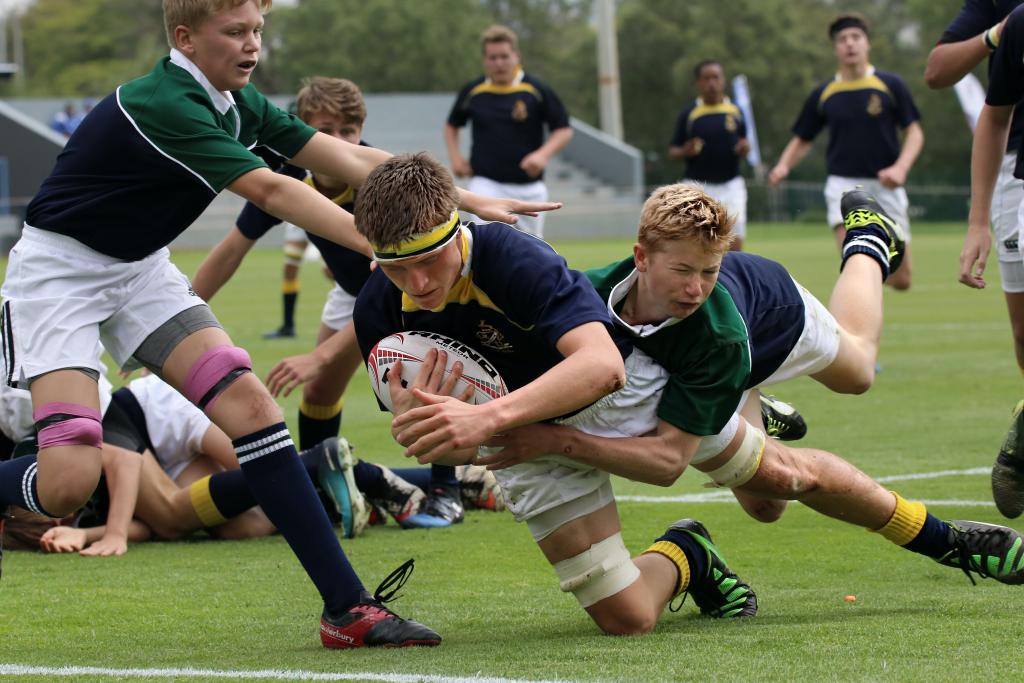
The extraordinary bravery and determination of some clinical negligence victims is a testament to the tenacity of the human spirit. That was certainly so in the case of a teenager who conquered birth disabilities to play rugby at a high level.
The boy sustained acute hypoxia during his delivery but his disabilities are mercifully at the mildest end of the scale of severity. He suffers from a motor impairment with symptoms similar to dyspraxia. He has some difficulties with coordination and fine finger movements and has a tremor which makes it hard for him to hold a glass of water without spilling it. He is at risk of suffering epileptic seizures.
None of that, however, prevented his development into a fine schoolboy rugby player with ambitions to compete at the highest level. He is afflicted by fatigue and has to do his school exams using a computer, but he is a popular and successful pupil whose cognitive abilities are fully intact. He is intelligent and he and his family hope that he will attend university in due course.
The NHS trust responsible for the hospital where he was born admitted liability in full and its chief executive had written a thoughtful, heartfelt and responsible letter of apology to the family. The trust acknowledged that an opportunity to diagnose gestational diabetes had been missed during his mother’s pregnancy. It accepted that she should have been offered early induction of labour and that, had he been delivered at 38 or 40 weeks’ gestation, he would have been uninjured.
Following negotiations, the trust agreed to a £470,000 lump-sum settlement of his clinical negligence claim. In approving the settlement, the High Court noted that he would have full capacity to make decisions for himself on attaining adulthood. He was a tremendously popular, bright and sensible young man whose remarkable progress was greatly to his parents’ credit.